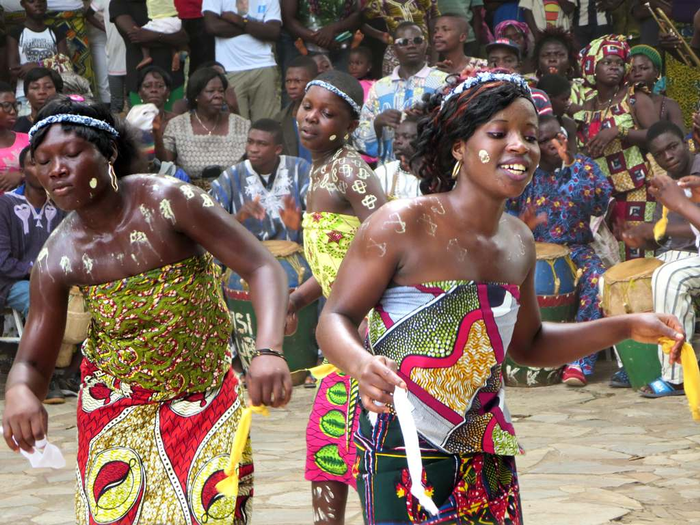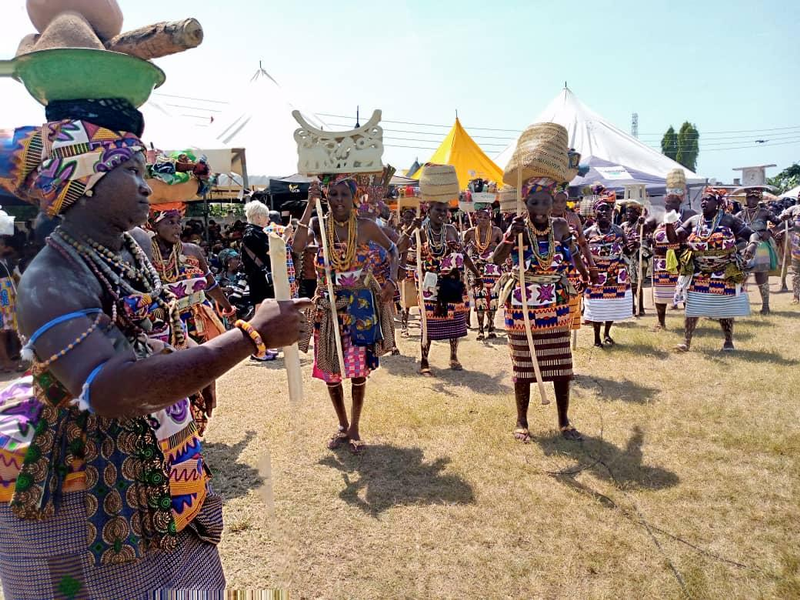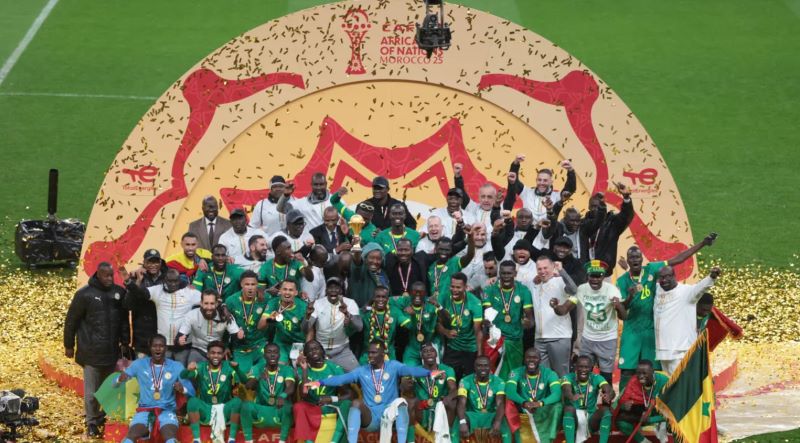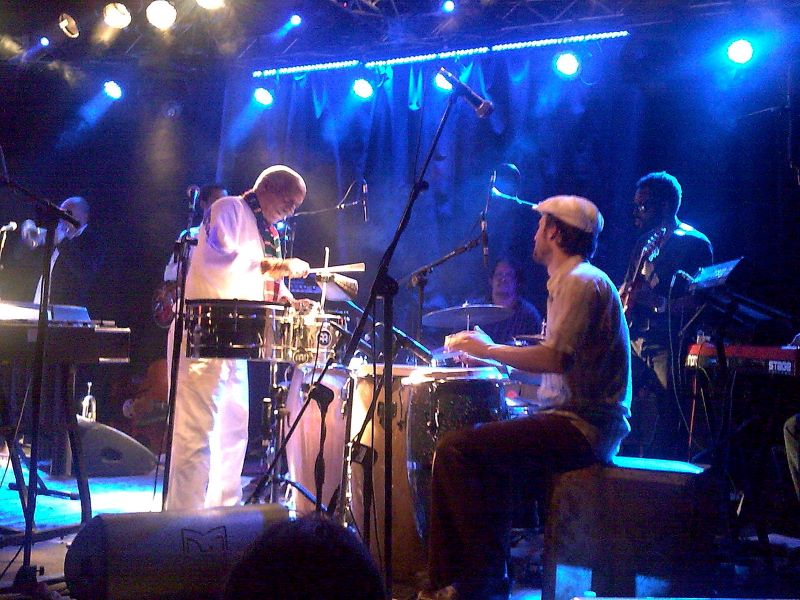Image Source: Ghanaweb, and GhanaBusinessNews, All copyright belongs to original owner of photograph.
The town of Notsie, commonly regarded as the ancient capital of the Ewe people, has over the years held the historical event of the Agbogbo-Za Festival. This biggest traditional event not only marks the beginning of a new year for the Ewe people, attracting many of their kin and people scattered across the region and the world back home, but it also provides an opportunity to celebrate the unity of the people and an opportunity to reflect on the progress the Ewe people have achieved over the centuries after their migratory movement to various regions and the world.
Possibly one of the largest ethnic groups in the present-day West African nation called Togo, the Éwé people have been found to reside in other African countries like Ghana, and Benin.
The history of the migration of the Ewe people from Notsie dates back to the 17th century under the authoritarian rule of King Agokoli, whose attempt to extend his kinship would enact laws that had adverse effects on his subjects forcing the people to flee and settle in neighboring countries.
Agbogbo-Za traditional Ewe Festival celebration is marked by a traditional ceremony offering prayers and invocation of blessings from the gods over the expected harvest. Then the procession of all traditional heads to the town square, the display of traditional attire, dances, and crafts, the retelling of folktales, and the review of historical antecedents are also highlights of the event. All these are crucial in providing a wholesome experience for the Ewe people and visitors alike.

Traditional Ewa bobobo dance. Source: David Stanley from Nanaimo, Canada, CC BY 2.0, via Wikimedia Commons
Impact on Togo’s Tourism Economy
As one of the most popular events in the country, the Agbogbo-Za Festival has become a huge contributor to the growth of the country’s tourism sector. Attracting thousands of Ewe men and women who return home from where they are domiciled in various parts of Africa and the diaspora, along with other tourists seeking to experience the rich culture of the Ewe people, the event becomes a financial opportunity for hotels, markets, restaurants, the transport system among many others, who key into the influx to provide services which in turn contributes to the local economy.
According to the global data and business intelligence platform Statista, “Togo’s Travel & Tourism market is projected to witness significant growth in the coming years.
By 2024, the market’s revenue is expected to reach US$32.72m, and it is projected to grow at an annual growth rate (CAGR 2024-2029) of 3.96%, resulting in a market volume of US$39.73m by 2029”. (Source)
By leveraging on these celebrations as stimulants, the resultant effect is an economic boost for the country which in turn leads to an improvement in infrastructure as well as the creation of direct and indirect jobs for the populace thereby improving the human development index of the country seeing as it is ranked 163rd out of 193 countries by the United Nations Human Development Index.
Another way it impacts the tourism sector of the country is through community development. As a result of the continued influx of persons into the communities, many developmental projects and investments in areas such as healthcare, and education infrastructure have been put into the growth of these communities which has made the attractiveness of the celebrations more exciting to tourists.
More importantly, the Agbogbo-Za’s celebration provides a historical guide for the sector providing an opportunity for more investments in various programs like guided tours, and workshops, as well as boosting the attractiveness of other lesser-known cultural events.

Okechukwu Nzeribe works with the Onitsha Chamber of Commerce, in Anambra State, Nigeria, loves unveiling the richness of African cultures. okechukwu.oniccima@gmail.com





